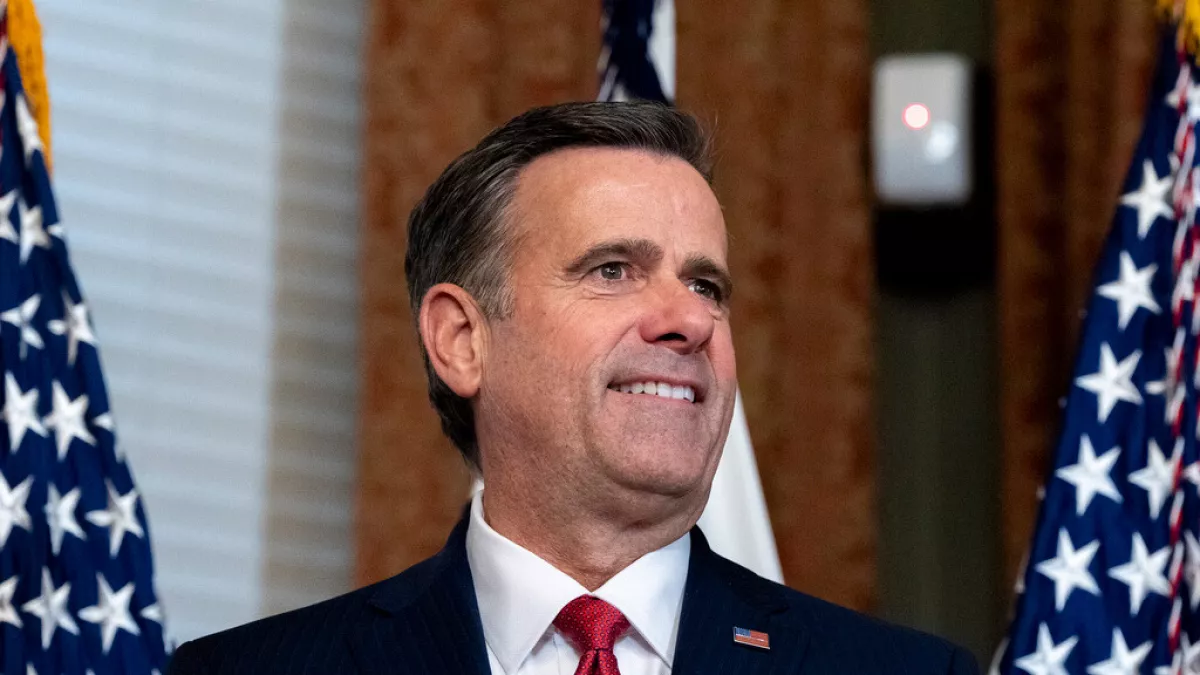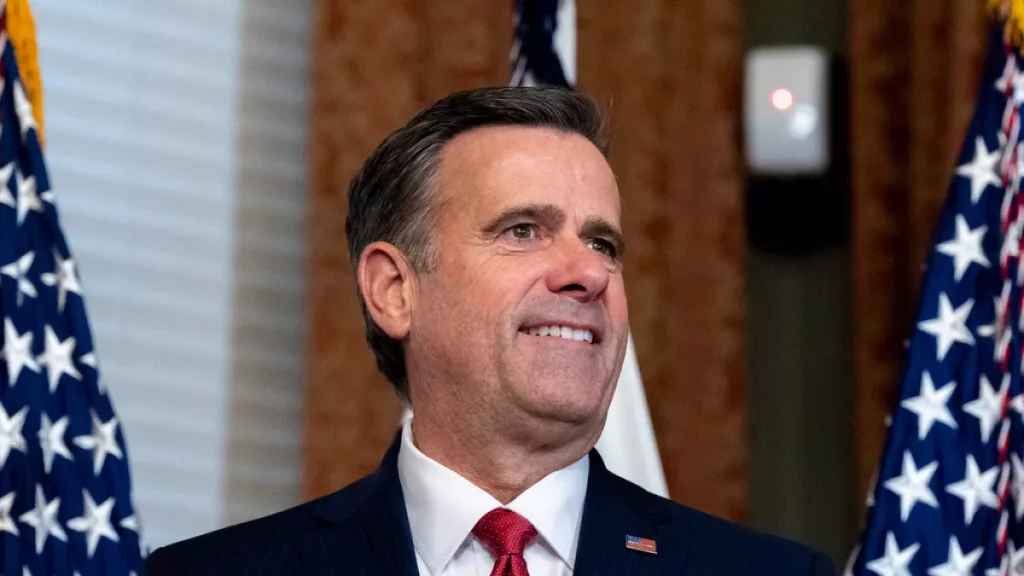John Ratcliffe has been confirmed as the Director of the Central Intelligence Agency (CIA) following a 74-25 vote in the Senate. Known for his previous role as Director of National Intelligence under former President Donald Trump, Ratcliffe takes over at a crucial time for U.S. intelligence, with a focus on modern threats and global challenges.
A commitment to neutrality.
During his confirmation hearing, Ratcliffe told lawmakers that politics would be kept out of the CIA’s operations. “Our job is to provide clear, unbiased intelligence, not to serve any political agenda,” he was saying. His commitment to safeguarding the agency’s objectivity comes as political interference in intelligence operations remains a major concern.

Tackling Modern Challenges
Ratcliffe has ambitious aspirations for the CIA’s future. He intends to expand the agency’s technological capabilities, focusing on advances such as artificial intelligence and cybersecurity to fight challenges from rivals such as China and Russia. He also intends to study “Havana Syndrome,” a strange ailment that has affected American diplomats and intelligence officers abroad. Another aim is to improve offensive cyber technologies to better safeguard the United States against foreign intervention.
Senate support and skepticism
While Ratcliffe’s nomination received bipartisan support, some members questioned his credentials and independence. Senate Minority Leader Chuck Schumer, among others, questioned Ratcliffe’s willingness to face political pressure in such a difficult and vital post.
Taking The Lead
Ratcliffe began his duties as CIA Director at the agency’s headquarters in Langley, Virginia, after being officially sworn in. With the CIA confronting fast-changing threats and a need for modernization, his leadership will be heavily scrutinized as he navigates the difficulties ahead.

